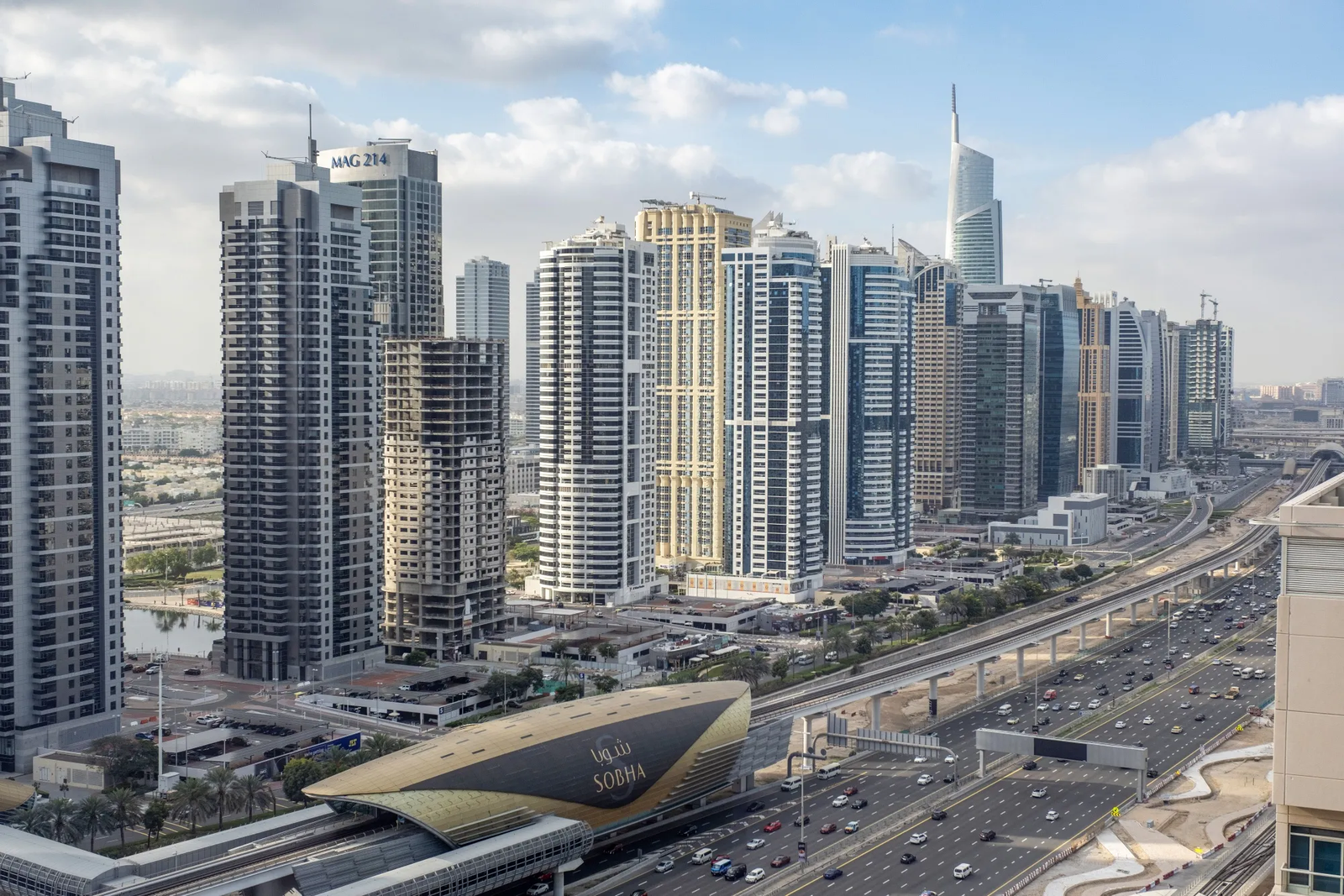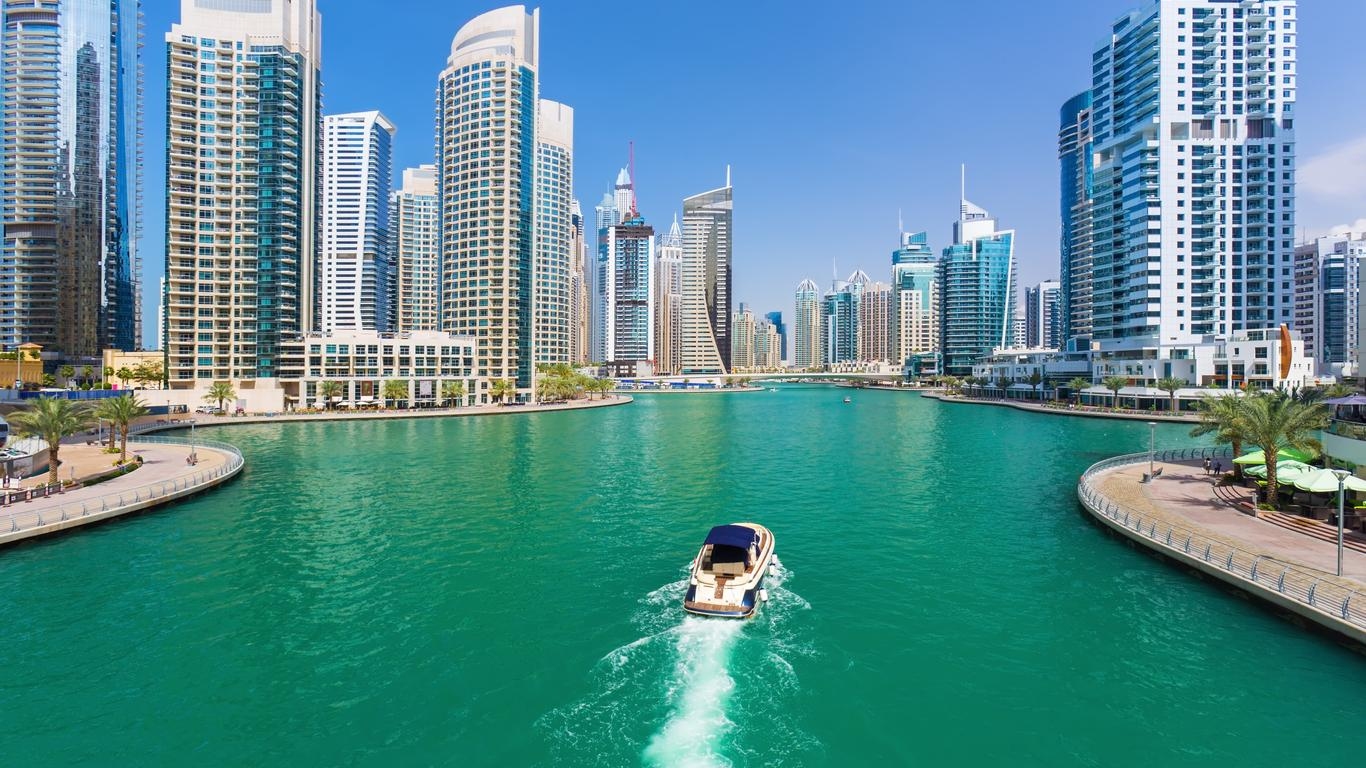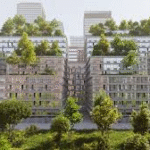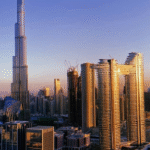Now Reading: Dubai Taxation Updates: 5 Key Property Impacts in 2025
-
01
Dubai Taxation Updates: 5 Key Property Impacts in 2025
Dubai Taxation Updates: 5 Key Property Impacts in 2025

Table of Contents
Dubai’s real estate market remains a prime destination for U.S. investors, driven by its tax-free environment for individuals, with no personal income tax, capital gains tax, or annual property taxes, allowing 100% retention of rental income and resale profits.
This contrasts with U.S. markets, where taxes reduce returns by 15-30%. The UAE dirham’s peg to the U.S. dollar eliminates currency risk, and the Golden Visa, offering 10-year residency for investments of AED 2 million ($545,000), enhances appeal. In 2025, Dubai’s market is booming, with Q1 transactions reaching AED 110 billion and a 19.9% price increase, per Dubai Land Department data.
New tax regulations, including stricter VAT compliance and the 15% Domestic Minimum Top-Up Tax (DMTT), alongside updated property policies, are reshaping investment strategies. This article outlines five key property impacts of Dubai’s 2025 taxation updates, empowering U.S. investors to navigate the market effectively.
1. Stricter VAT Compliance for Residential Properties
The UAE’s Federal Tax Authority (FTA) has tightened VAT compliance in 2025, requiring developers to submit completion certificates within 30 days to qualify for zero-rated VAT on first residential sales within three years, per Federal Decree-Law No. 8 of 2017.
Non-compliance risks a 5% VAT charge, increasing costs for buyers of off-plan projects like Emaar’s Burj Al Arab Views in Downtown Dubai (AED 1.5 million, $408,000, 6-7.2% yields). Long-term residential leases (over six months) remain VAT-exempt, benefiting investors in high-yield zones like JVC (7-8%). U.S. investors should verify developer compliance to avoid unexpected VAT costs, preserving tax-free rental income ($70,000 annually for a $1 million property).
2. DMTT Impact on Corporate Property Investors
The 15% Domestic Minimum Top-Up Tax (DMTT), effective January 1, 2025, targets multinational enterprises (MNEs) with global revenues exceeding €750 million ($800 million), per the OECD/G20 Pillar Two framework. Smaller corporate investors, common among U.S. buyers, remain unaffected, enjoying 0% corporate tax on qualifying income (below AED 5 million) in free zones like DMCC.
For example, a DMCC company owning a $2 million villa in Palm Jumeirah yielding 6.5% avoids DMTT, retaining $130,000 tax-free annually. U.S. investors using corporate structures must file IRS Form 5471 for Controlled Foreign Corporation compliance to avoid penalties up to $100,000.
3. Upfront Payment of DLD and Broker Fees
Starting February 1, 2025, banks and mortgage lenders can no longer finance the 4% Dubai Land Department (DLD) transfer fee or 2% broker fees, requiring buyers to pay these upfront, per Arabian Business. For a $1 million apartment in Dubai Marina, this means an upfront cost of $60,000 (AED 40,000 DLD + AED 20,000 broker), impacting cash flow planning. This change does not affect tax-free rental income or capital gains but requires buyers to budget carefully. Off-plan projects like Azizi Riviera in MBR City (AED 600,000, $163,000) with flexible payment plans can ease liquidity constraints.
4. Enhanced Property Rating System for Transparency
Dubai introduced a 1-to-5-star property rating system in 2025, evaluating over 60 elements like location, amenities, and sustainability, per Arabian Business. This system, applied to residential buildings in freehold zones like Dubai Creek Harbour, enhances transparency, potentially increasing rental yields and capital appreciation for high-rated properties (e.g., Emaar’s Creek Crescent, AED 1.3 million, $354,000, 6-7% yields).
Investors benefit from tax-free profits and zero-rated VAT on first sales, but lower-rated properties may see reduced demand. U.S. investors should prioritize high-rated projects to maximize ROI and ensure IRS Schedule E reporting for rental income.
5. Expanded Freehold Zones Boost Investment Options
In 2025, Dubai opened 128 plots on Sheikh Zayed Road and 329 in Al Jaddaf for freehold development, allowing foreign ownership, per Arabian Business. These zones offer tax-free rental income and capital gains, with no annual property taxes, unlike U.S. markets with 1-2% property taxes.
Properties starting at AED 750,000 ($204,000) in Al Jaddaf yield 6-7%, with 7-9% appreciation projected by 2026. The Golden Visa eligibility (AED 1.5 million for off-plan) adds cost efficiency. U.S. investors must report foreign assets over $50,000 (single filers) via Form 8938 and accounts over $10,000 via FBAR.
U.S. Tax Compliance Considerations
Dubai’s tax-free environment delivers superior returns compared to U.S. cities like New York (2-4% yields). A $1 million property yielding 7% generates $70,000 tax-free annually, versus $50,000-$60,000 after U.S. taxes. U.S. investors must report rental income on Schedule E, deducting expenses like depreciation, maintenance, and management fees. Non-compliance with FATCA (Form 8938) or FBAR risks penalties up to $100,000. Corporate buyers must file Form 5471. The 4% DLD transfer fee isn’t creditable against U.S. taxes.
Risks and Mitigation Strategies
Dubai’s market is robust, with AED 761 billion in 2024 transactions and a projected 5-9% price increase in 2025. Risks include off-plan delays, oversupply in JVC, and global economic volatility. Mitigate by choosing developers like Emaar or Azizi, verifying escrow and VAT compliance with DLD, and diversifying across zones like Downtown Dubai and Palm Jumeirah.
Why Dubai in 2025?
Dubai’s Economic Agenda D33, aiming to double the economy by 2033, and 25 million projected tourists in 2025 drive demand. Yields of 6-10%, zero personal taxes, and Golden Visa benefits outpace global hubs like London (3-5%) or Singapore (3-5%). These five impacts—stricter VAT compliance, DMTT for MNEs, upfront DLD/broker fees, the property rating system, and expanded freehold zones—require strategic planning but reinforce Dubai’s appeal for U.S. investors.
In conclusion, Dubai’s 2025 taxation updates enhance transparency and compliance while preserving tax-free benefits for individual investors. By leveraging these changes, partnering with reputable developers, and ensuring IRS compliance, U.S. buyers can maximize wealth in one of the world’s most dynamic real estate markets. Dubai
read more: Dubai Investment Zones: 6 Real Estate Hubs With Tax-Free Perks






















